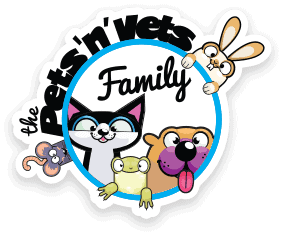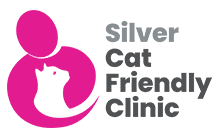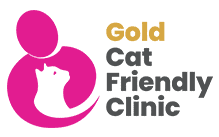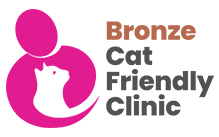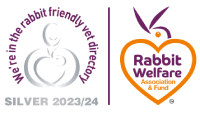As the temperature drops and it gets a bit more chilly than usual, many of you will have a bottle of antifreeze at the ready to de-ice your car on these Baltic winter mornings. However, you may not be aware of how antifreeze can be a danger to pets, in particularly cats.
Pets'n'Vets Family Partner Ross Allan said: “Ethylene Glycol (antifreeze) is one of the more common causes of poisoning in dogs and cats, which can be attracted by its sweet taste. The liquid is also typically colourless and odourless, making it especially hard for humans to detect.”
“Sadly, by the time the symptoms appear: vomiting, diarrhoea and ‘drunken’ appearance, often rapidly progressing to potentially catastrophic renal failure, it can be too late to treat successfully.”
“I’d therefore urge dog and cat owners in Lanarkshire and Glasgow to securely store these chemicals if they have them within their household, well away from pets, and to be on the alert over the winter months in particular.”
Our tips for preventing antifreeze poisoning:
- Keep pets away from where your antifreeze is stored
- Be careful not to spill antifreeze when using it and ensure sure you clean up carefully if you do. A cat or dog may walk through it then lick it off their paws
- If you drain your antifreeze, do not leave it in an open container because animals will be attracted to it
- Dispose of this waste properly and keep empty and full antifreeze containers away from dogs, who may be tempted to chew on them
- Choose an antifreeze that does not contain Ethylene Glycol
It’s important that your pet is seen as soon as possible if they do ingest Ethylene Glycol (antifreeze). If you suspect your pet has ingested antifreeze, please contact us immediately.
